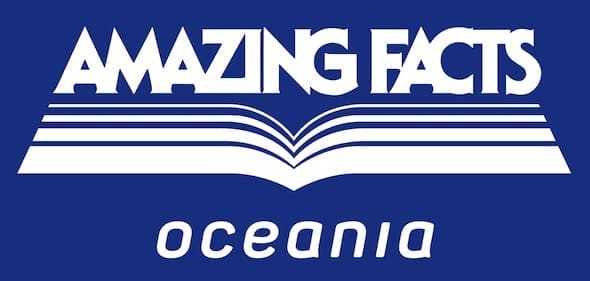“Behold, there was a man named Zacchaeus who was a chief tax collector, and he was rich” (Luke 19:2).
The largest and most important source of fresh water in India comes from the Ganges River. It provides water to 400 million people from where it starts in the Himalayas to where it ends in the Bay of Bengal. Forty percent of India’s population relies on the Ganges for fresh water. It not only irrigates crops but hosts the largest religious gathering in the world. Once every twelve years, over 100 million Hindus take a pilgrimage to Allahabad to immerse themselves in the water in order to be cleansed from sin.
Unfortunately, those who dip into the Ganges are exposing themselves to more impurity, filth, and disease than in just about any other river in the world. While the river is thought to be sacred, it is highly contaminated. Almost a billion gallons of raw sewage is dumped into the Ganges every single day. Besides untreated human waste, a large amount of industrial waste from factories lines the banks of the river. Efforts to clean up the Ganges have been largely unsuccessful.
The name Zacchaeus means “pure,” but the wealthy tax collector was anything but clean. As the chief tax collector of Jericho, he had grown rich by overtaxing innocent people. Imagine this Jew growing up, going to the synagogue, graduating from school with a degree in accounting, and being tempted by a lucrative job with the Roman tax revenue service. Soon he found himself deeper and deeper in the muddy waters of making lots of money by stretching the rules.
Zacchaeus must have been hated by his neighbours. He probably hated himself and felt a need to clean up his life and start over. His desire for restoration came to fruition when Christ stopped and spoke with the impure man. In this life-changing moment Jesus said to him, “Today salvation has come to this house” (Luke 19:9). Through Christ, the unclean man became pure.
“I’d rather have Jesus than silver or gold; I’d rather be His than have riches untold!”
For Further Study: Luke 19:1–10; Psalm 51:7–11; 1 John 1:9

